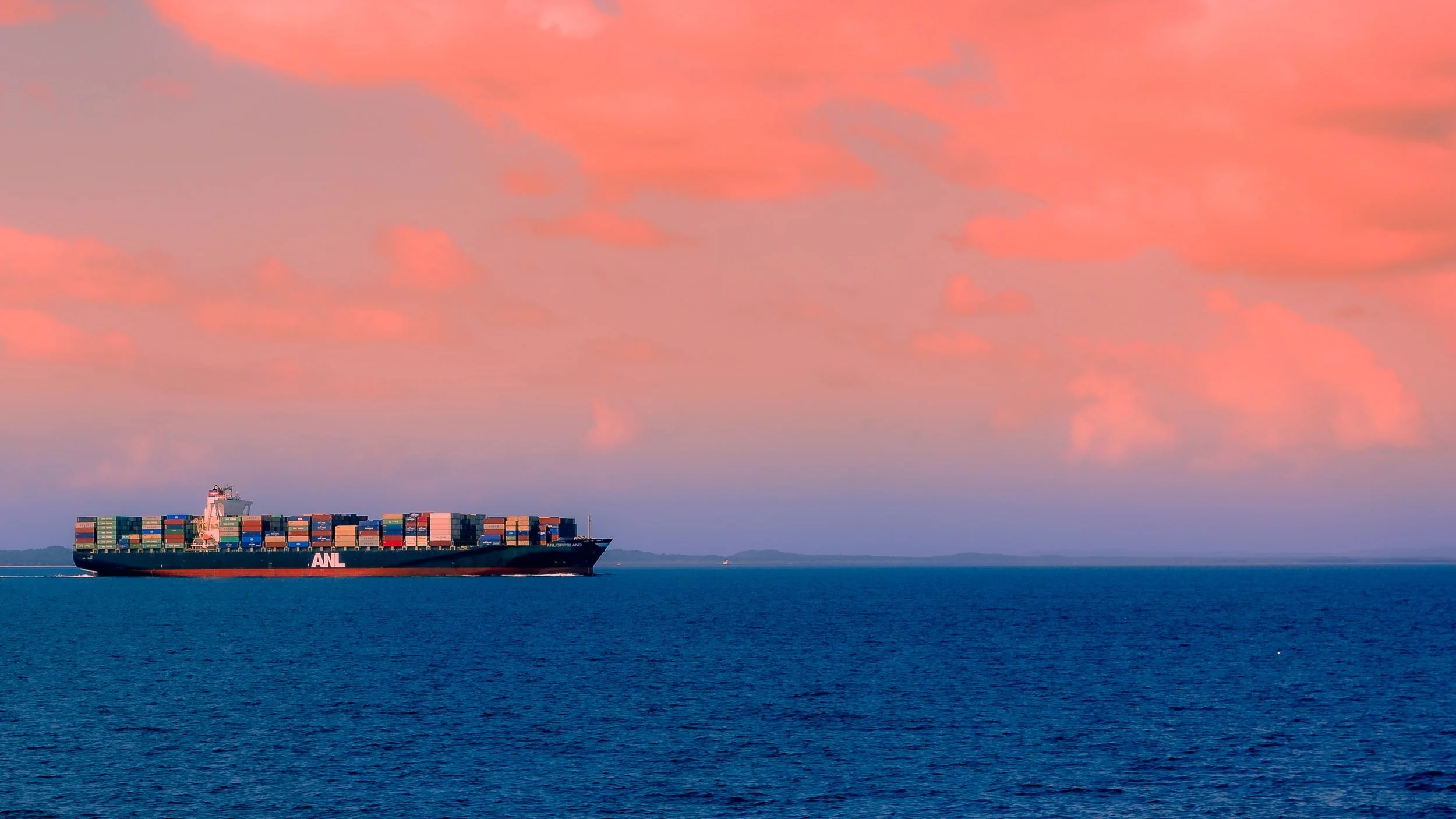How do the UK’s new trade deals measure up on global poverty and climate change?
The Government started talking about ‘Global Britain’ back in late 2016, just after the Brexit referendum. Theresa May and Boris Johnson argued that we now had the chance to make new trade deals with the rest of the world, and that these trade deals would benefit the UK but also the poorest people in the world.
Fast forward to late 2021, and the Government has faltered in delivering on this promise.
All the trade deals signed since Brexit are ‘rollovers’ of deals the EU had agreed with other countries – 64completed and another three ongoing – or minimal extensions of these trade agreements.
Worryingly, many of these are controversial ‘Economic Partnership Agreements’ (or EPAs) with countries in the Caribbean, Pacific, and sub-Saharan Africa. These require poorer countries to remove around 80% of tariffs on imports from the EU and UK, opening up these countries’ markets to foreign competition before they are ready.
And they undermine regional trade – the best route for developing local businesses and incomes. Countries including Cote d’Ivoire, Ghana, Cameroon and Kenya have been pressured by the EU and UK to sign these agreements individually. Their neighbours now have to increase checks at the border, to make sure the tariffs they still apply to imports from the EU and UK aren’t being avoided by moving goods in via their neighbours with EPAs.
Moving forward, if the Government is determined to sign a raft of new trade deals, it must do better in protecting the needs of the poorest people. Both in countries signing deals, and in ‘least developed’ countries, whose trade advantages – under a rolled over EU scheme that allows zero tariffs on imports – must not undermined by giving the same access to richer countries. And the Government must make strong, enforceable action on climate change a key part of these agreements.
The UK has already reached an ‘agreement in principle’ with Australia in the summer – and last month, with New Zealand. Both have been widely criticised for adding nothing to UK GDP, whilst cutting tariffs on carbon-intensive food imports. Worse, it was reported that the Government cut mentions of limiting global warming to 1.5C to get Australia on board, when global action towards this goal is urgently needed by millions of people in climate-vulnerable countries.
Meanwhile, the Government has started the process of the UK joining the huge cross-Pacific trade deal known as ‘CPTPP’. This trade deal includes rules that could prevent the Government from supporting local green industries, or raising environmental standards, and that could see the Government at risk of being sued in secret courts for taking action to lower emissions.
Finally, the UK and India plan to start negotiations before the end of this year. As the country with the world’s highest number of people living in extreme poverty, it will be vital that sectors such as agriculture and retail, employing high numbers of poor people, are protected from liberalisation. And at the same time, a careful balance is needed between supporting Indian exports to the UK, and not undermining exports from the least developed countries.
Given its track record so far, Traidcraft Exchange will be calling on the Government to show a much more coherent approach to trade negotiations – one that lives up to its rhetoric and promises on global poverty and climate change.

